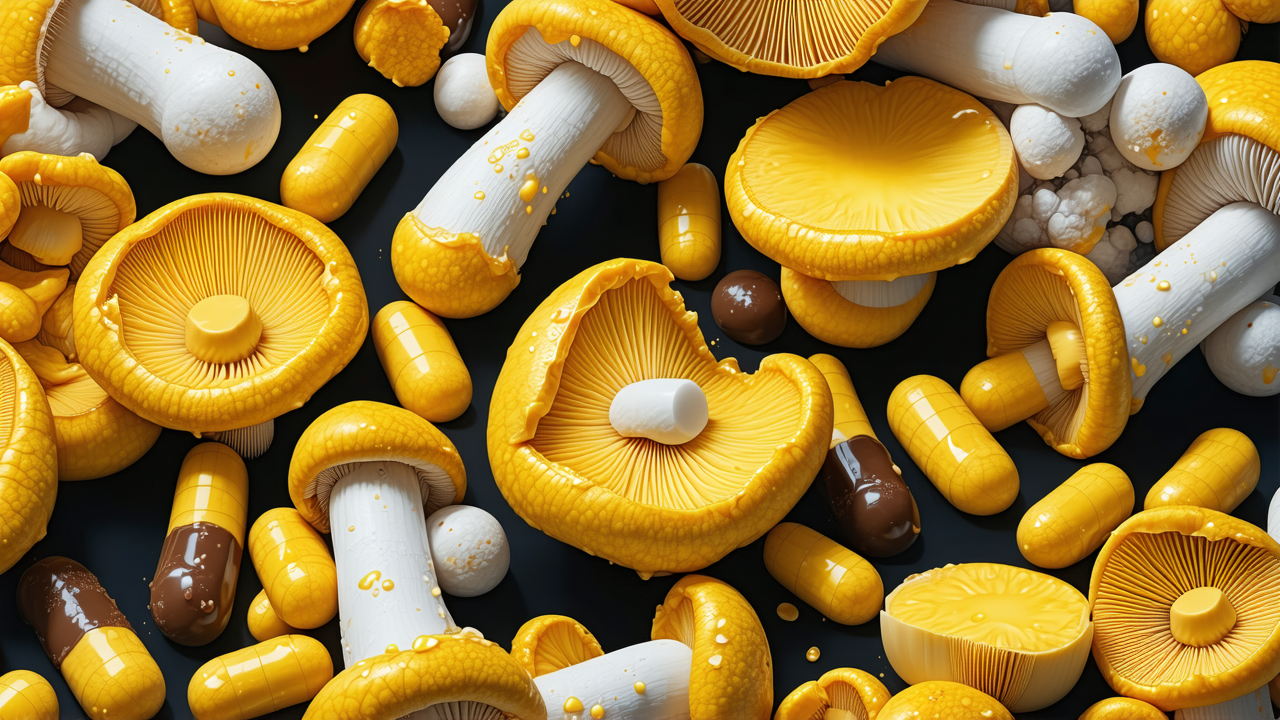56 Drug Ads on Facebook Marketplace: Delayed Action from Meta Sparks Concern
56 Drug Ads on Facebook Marketplace: Delayed Action from Meta Sparks Concern
Drug dealers in New Zealand have been openly advertising the sale of class A drugs on Facebook Marketplace, raising concerns about the delayed response from Meta, the parent company of Facebook. This issue came to light after the .nz Herald investigated why ads for illegal substances, including magic mushrooms, were so prevalent on the platform.
Following inquiries by the nz Herald, Meta took action and removed the listings, initiating a review of its policies. However, the situation has sparked criticism, particularly from the New Zealand Drug Foundation, which pointed out the irony that Meta has flagged its own drug safety advertisements as problematic, despite being funded by Health New Zealand.
During a single day, the nz Herald discovered 56 different ads for psychedelic mushrooms, which are classified as a class A controlled drug, being promoted for sale across the North Island. These ads were found in various locations, including Auckland, Waikato, Bay of Plenty, Wellington, and the Tasman district. In addition to magic mushrooms, the nz Herald also found ads for cannabis and what appeared to be LSD.
Most of the ads displayed images of vacuum-packed plastic bags of dried mushrooms or mushroom caps packaged inside chocolate bar wrappers. These listings invited users to connect with the seller on the encrypted messaging app Telegram, where a “full menu” of products was available. One such menu included psychedelics, along with other drugs such as cocaine, MDMA, LSD, and ketamine.
A Bay of Plenty man, who wished to remain anonymous, reported making “hundreds” of complaints to Meta about suspect accounts over several weeks. Despite these reports, he claims the listings remained active, and the only response he received was an automated reply thanking him for making Facebook Marketplace a safer place to trade.
The man said he was compelled to complain to Meta after a family friend was hospitalized following an overdose on mushrooms. He noted that the friend was seriously ill, in a coma for several days, and his parents feared they might lose him. Given the number of ads and the quantities of drugs pictured, the source believed many sellers were running “commercial” operations.
Marketplace listings offer discreet pickup or delivery of drugs, and the source expressed concern that the blatant way drugs were sold on an open platform put children at risk. He emphasized that anyone, regardless of age, could access Marketplace, and the situation became even more absurd when he was sanctioned by Meta for attempting to sell an old dartboard, while drug ads remained online.
He believes that Meta’s systems are failing, stating that it doesn’t make sense to be flagged and threatened for selling a dartboard while drugs are openly being sold. A Meta spokeswoman confirmed that the company acted after inquiries from the nz Herald and deleted the offending ads. She stated that the company’s escalations team had removed many Facebook Marketplace ads due to the inquiries and was continuing to review further.
The New Zealand Drug Foundation, which provides drug checking clinics and promotes harm reduction, has also faced challenges with Meta flagging its public health content. Executive director Sarah Helm noted that it is concerning that drugs can be openly listed for sale while public health information is flagged and disallowed.
She emphasized that mushrooms can have fatal consequences if consumed in high doses and urged caution. She encouraged people who had purchased illicit drugs to visit a drug checking clinic and have their substance checked.
According to the latest drug trends survey from researchers at Massey University, there has been an increase in the use of social media to purchase various types of drugs, particularly MDMA and cannabis. Meta, which owns Facebook and Instagram, stated that it enforces its policies against the promotion or sale of illegal drugs through a combination of user reports, human review, and artificial intelligence.
Meta has recently updated its community standards to prevent the sale of precursor chemicals that could be used to make drugs, and any violation involving the sale of drugs like fentanyl, cocaine, or heroin will result in account disablement. The company has also removed “numerous” illegal listings after being contacted by the nz Herald.
Facebook reported making $7.59 million in New Zealand last year, a slight dip in profits compared to previous years.
